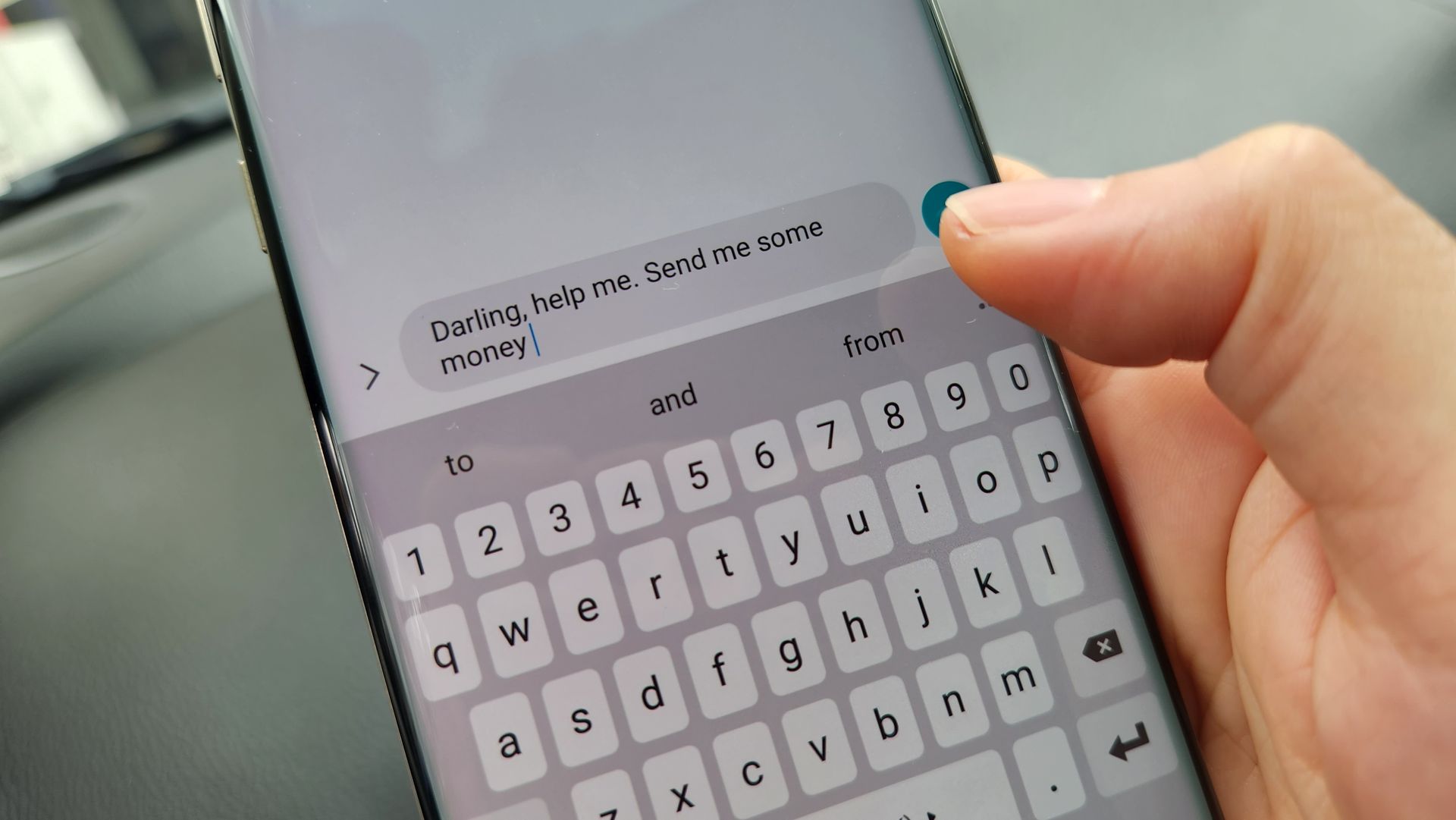Getting pulled over by the police is a nerve-racking experience. The suddenness and high intensity of the situation might make you forget your rights, if you were even fully aware of them (most people aren’t). For instance, while police officers must identify themselves when pulling someone over, whether you have a legal obligation to give your information to them varies from state to state
In Minnesota, legally, you do not have to identify yourself to the police unless there is reasonable evidence that you are involved with a crime. When asked, you have the right to remain silent and not say whether you were born in the country or what your name is (if you verbally assert you are exercising your right to silence). Minnesota stands in contrast to many other states, where the law affirms you must give your information to the authorities or face legal penalties. Those states are known as stop and identify states.
What Is a Stop and Identify State?
A stop and identify statute asserts that law enforcement can order individuals to verify their identities and detain them if necessary as long as they have reasonable suspicion of criminal activity. Even if they don’t have enough evidence to charge you, police in those states still have the legal authority to get your information.
Since the Fourth Amendment prohibits unwarranted searches, even in stop and identify states, officers can only stop someone and request their information if they have evidence or justifiable suspicion suggesting that person has committed a crime or is about to. The intent behind the stop and identify law is to allow police officers to gather intelligence to prevent a crime before it occurs.
The country seems divided on the ID statute, as 23 states have the stop and identify law, while the other half don’t. Some feel that state ID statutes are too broad and imprecise in specifying how a person should identify themselves. For example, while Indiana requires that a person provide their name and date of birth, Nevada only requires that the individual give their name to the police. There have been scenarios where significant negative public opinion and advocacy have been brought to bear against these practices, such as with New York’s stop-and-frisk program.
What Should Minnesotans Be Mindful of When Being Pulled Over?
Since Minnesota isn’t a stop and identify state, Minnesotans don’t have to provide their information unless the police have probable cause. Still, you have other legal obligations to uphold when talking with an officer. While you don’t have to answer the police’s questions about your identity, when pulled over, you are still required to show your driver’s license and proof of insurance when asked.
When interacting with a police officer, you should:
- Watch what you say, as anything you say can be used against you in court.
- On that topic, you can remain silent and not answer any of the officer’s questions. If that is your desired course of action, state aloud that you are exercising your right to silence.
- You do not have to consent to a search, although a police officer may still conduct one if they have reasonable suspicion. If they suspect you have a weapon, they will pat down your clothes whether you agree to it or not. Nevertheless, courteously voicing your objection may positively affect possible legal options in the future.
- You have the right to ask if you’re under arrest, and if they say yes, then why.
- You have the right to an attorney.
If a Police Officer Disrespects Your Rights, We Can Connect You with Experienced Criminal Defense or Civil Rights Attorneys in Minnesota
If the worst-case scenario happens and you find yourself with a court date, Minnesota Lawyer Referral and Information Service (MNLRIS) can help. Our referral counselors can help you find aggressive, competent legal representation you can trust. We can set up appointments with attorneys to ensure you get the assistance you deserve. Call (612) 752-6699 to learn more about how to get an experienced private practice defense lawyer for your case.




